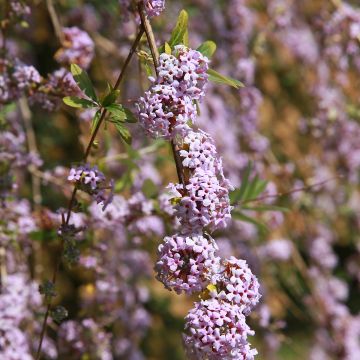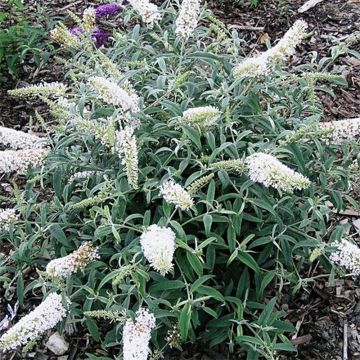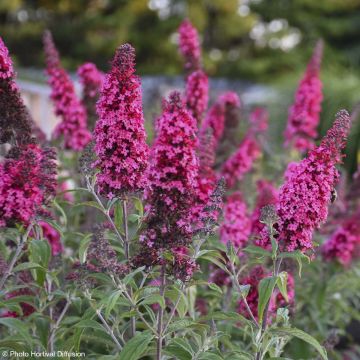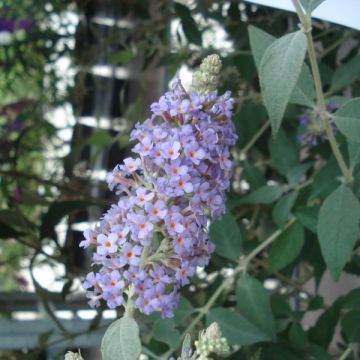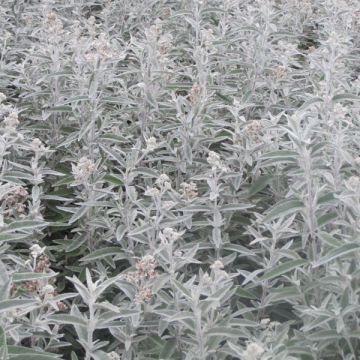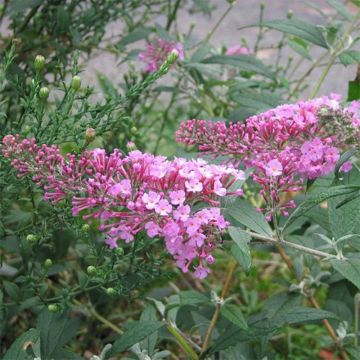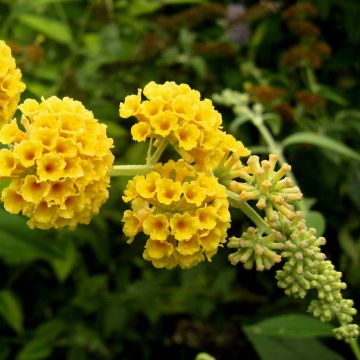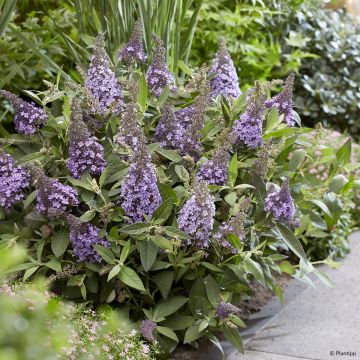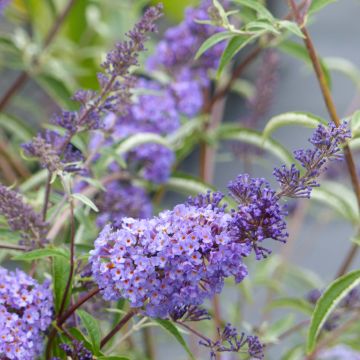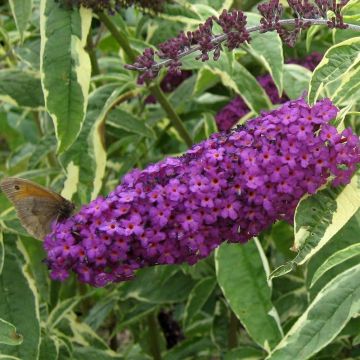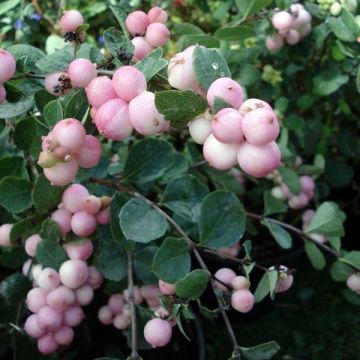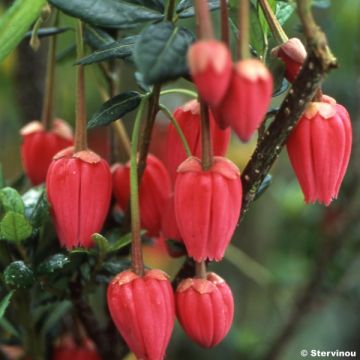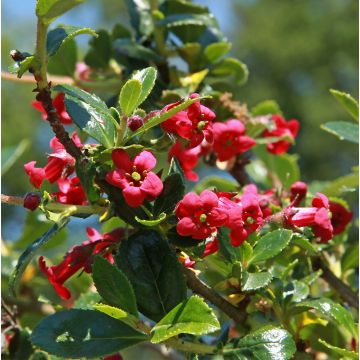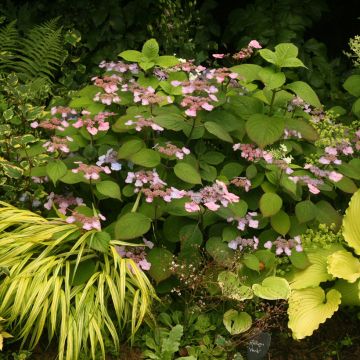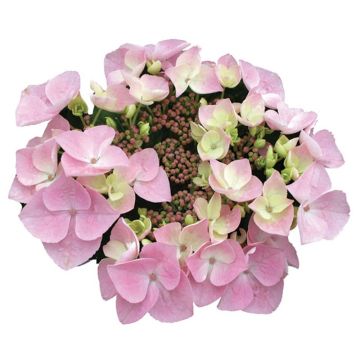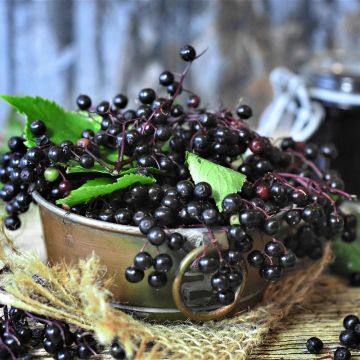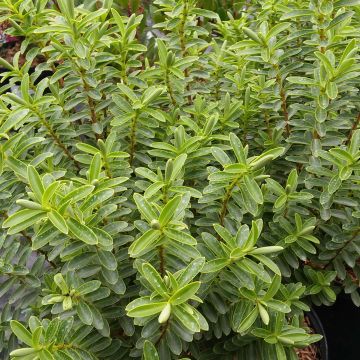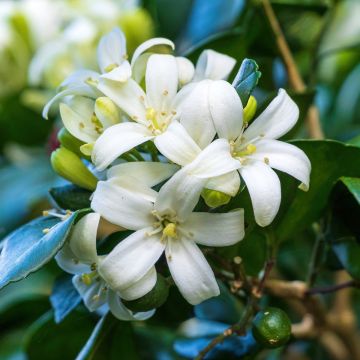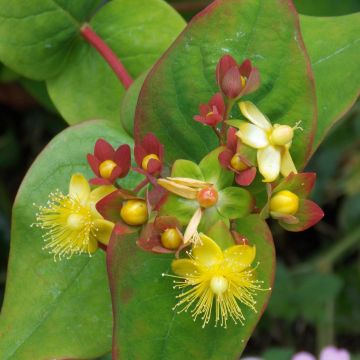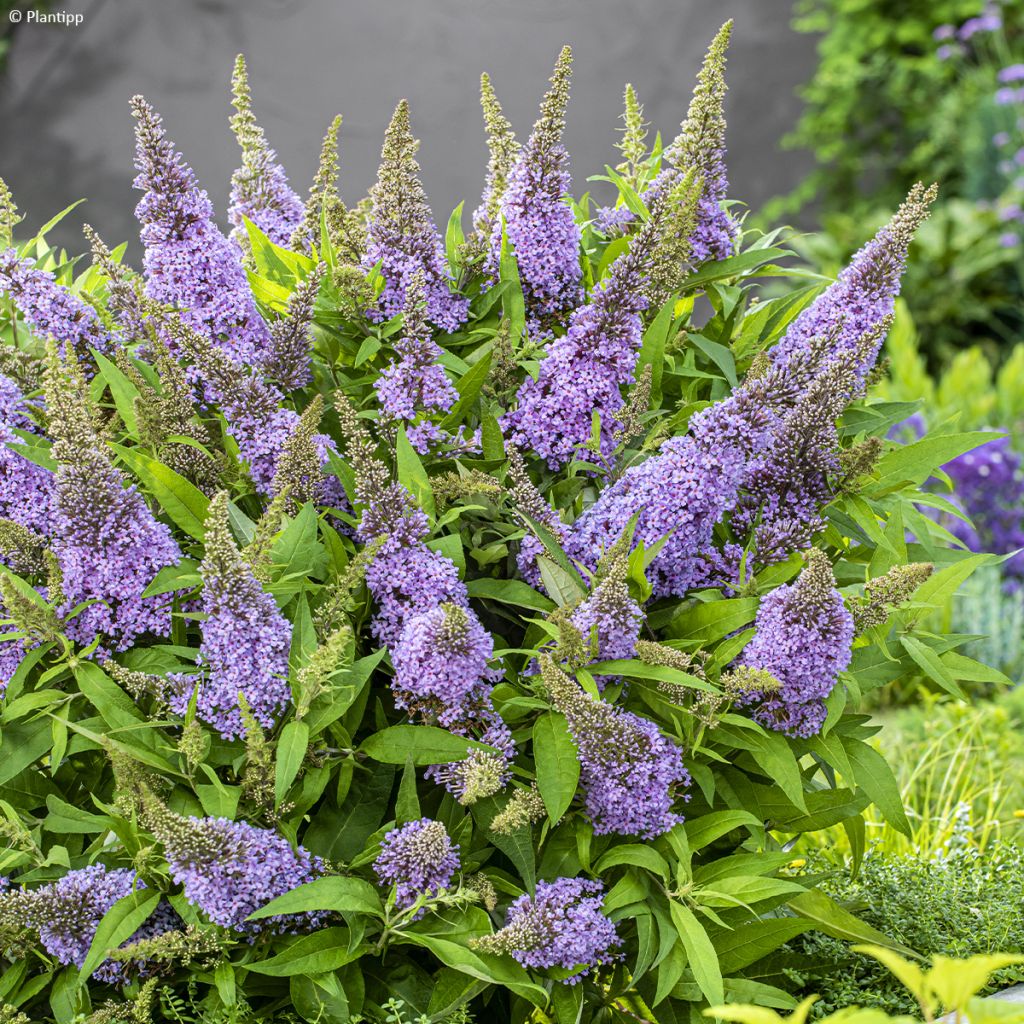

Buddleja davidii Butterfly Candy Little Lila - Butterfly Bush
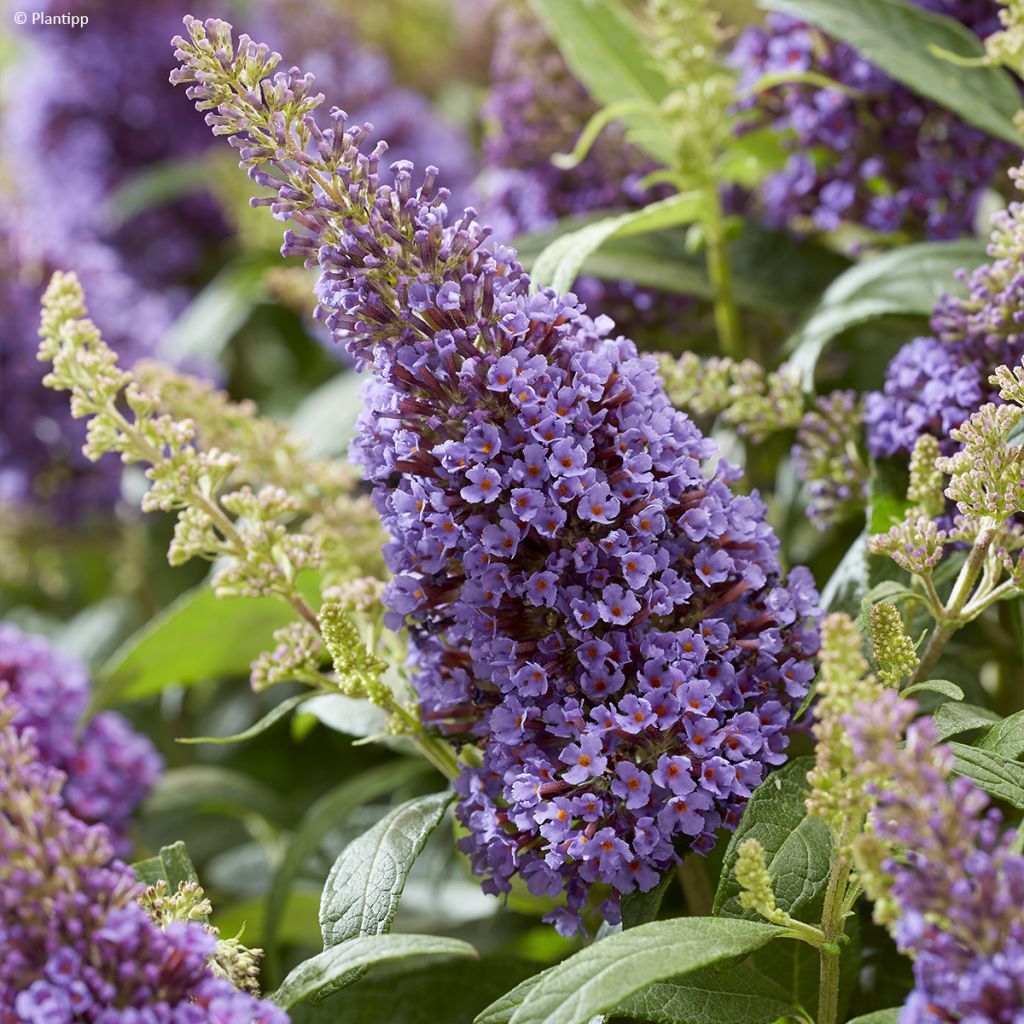

Buddleja davidii Butterfly Candy Little Lila - Butterfly Bush
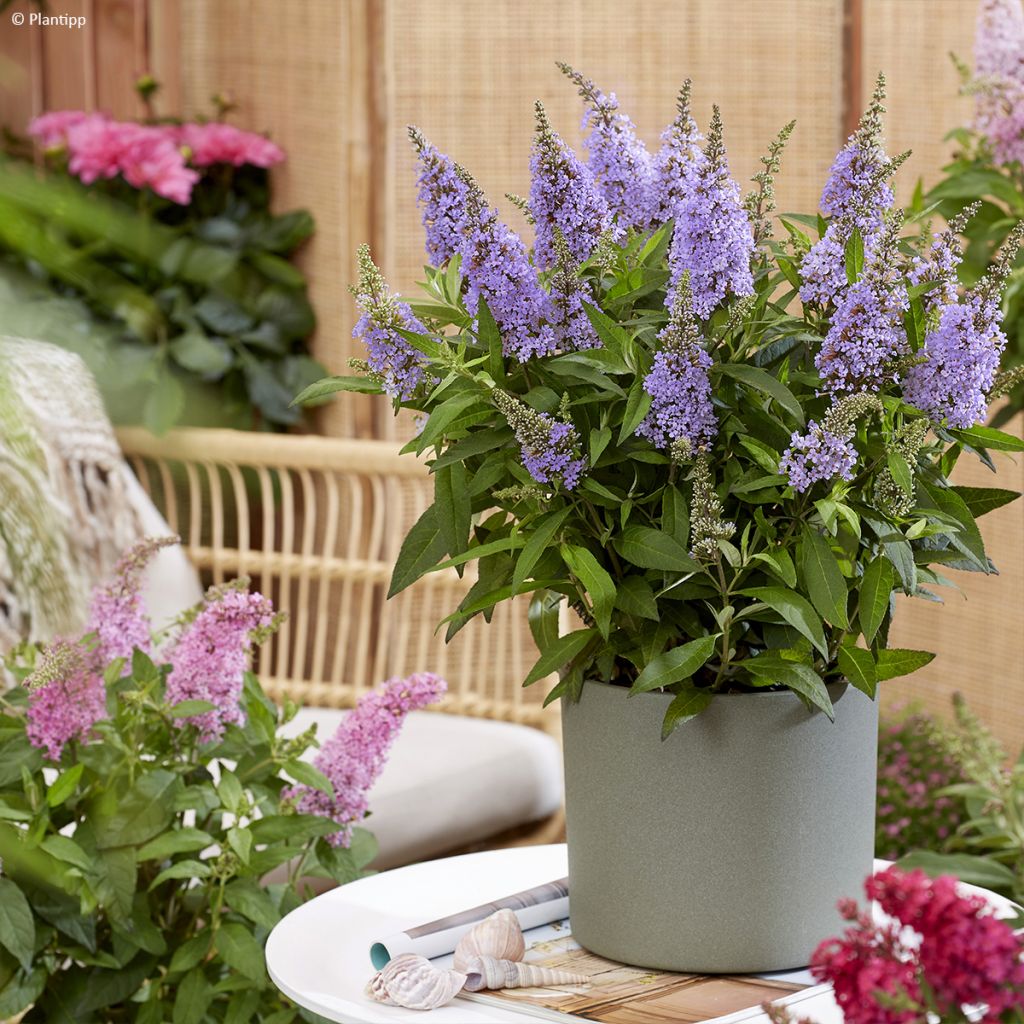

Buddleja davidii Butterfly Candy Little Lila - Butterfly Bush
Buddleja davidii Butterfly Candy Little Lila - Butterfly Bush
Buddleja x davidii Butterfly Candy® Little Lila
Butterfly Bush, Summer Lilac
This item cannot be shipped to the selected country
Delivery charge from €5.90
Delivery charge from €5.90
More information
Schedule delivery date,
and select date in basket
This plant carries a 24 months recovery warranty
More information
We guarantee the quality of our plants for a full growing cycle, and will replace at our expense any plant that fails to recover under normal climatic and planting conditions.
From €5.90 for pickup delivery and €6.90 for home delivery
Express home delivery from €8.90.
From €5.90 for pickup delivery and €6.90 for home delivery
Express home delivery from €8.90.

Does this plant fit my garden?
Set up your Plantfit profile →
Description
Buddleja davidii Butterfly Candy® Little Lila ('Botex004') is a variety of butterfly bush characterised by its dwarf and compact habit and its long attractive flowering throughout the summer, accompanied by a sweet and light fragrance. With its elegant and balanced silhouette, this variety is well suited to gardens with limited space, as well as container gardening on balconies or terraces. From summer to autumn, this dwarf buddleja is covered in mauve conical flower spikes above green-grey-silver foliage. The flowers are popular with butterflies and bees. Hardy, easy to grow, and undemanding, it is a beautiful choice for the garden. Ideal for biodiversity, Little Lila adds to the Butterfly Candy series, which includes five other colours: Ruby, Purple, Pink, Sweetheart, and White.
The Buddleja genus includes around a hundred species of deciduous or evergreen bushes, native to China, Africa, South Asia, and South America. They are named after Adam Buddle, a famous English botanist from the 17th century. This genus is sometimes spelled as 'Buddleia', but the official spelling seems to be 'Buddleja'.
Belonging to the Scrophulariaceae (Buddlejaceae) family, Little Lila is a recently selected hybrid in the Netherlands by Botanic Experience BV and Dutch breeder Van Son & Koot from Kaatsheuvel. In 2021, it received the prestigious Bronze Award KVBC Summer Challenge 2021 from the Royal Society for Cultivation, Boskoop.
Little Lila is a small plant with a rounded habit, not exceeding 80 cm (32 in). This variety has very branching growth, with short upright branches, giving it a balanced stature. The deciduous foliage falls in winter and regrows in spring. It consists of lanceolate opposite leaves measuring about 8 to 10 cm (3 to 4 in) long and 2 to 3 cm (1 in) wide, slightly hairy, and green-grey-silver in colour. Flowering occurs over 4 to 5 months, from June-July to October, depending on the region. It consists of small mauve tubular flowers, gathered in long conical panicles at the ends of the branches, measuring 10 to 15 cm (4 to 6 in) long. The flowers release a sweet scent reminiscent of honey, which is highly sought after by pollinating insects and butterflies. In the summer, after each wave of flowers, light pruning encourages the buddleja to develop new flowering shoots. This hardy bush tolerates urban pollution very well and does not suffer from occasional drought. When grown in pots, it will require regular watering and some fertiliser to support its growth and flowering.
There is a great diversity of varieties in the Buddleja and butterfly bush category, with each as unique as the other. However, Little Lila stands out for its striking habit and the intensity of its delicately scented flowering. Thanks to its compact habit, this dwarf buddleja is perfect for pots to enhance terraces and balconies in combination with other shrubs for pots. The silver-green foliage of this bush contrasts well with its intense and elegant flowering, making it easy to combine with colourful perennials (Asters, Delphiniums, Echinaceas, Hemerocallis, Kniphofias, etc.), rose bushes for borders, medium-sized grasses, or flowering shrubs (Abelias, Caryopteris, Lavenders, Potentillas, Spireas, etc.). Whether near a terrace, along a pathway, on top of a wall, or in a hedge, it will bring the garden to life from summer to autumn.
Report an error about the product description
Buddleja davidii Butterfly Candy Little Lila - Butterfly Bush in pictures
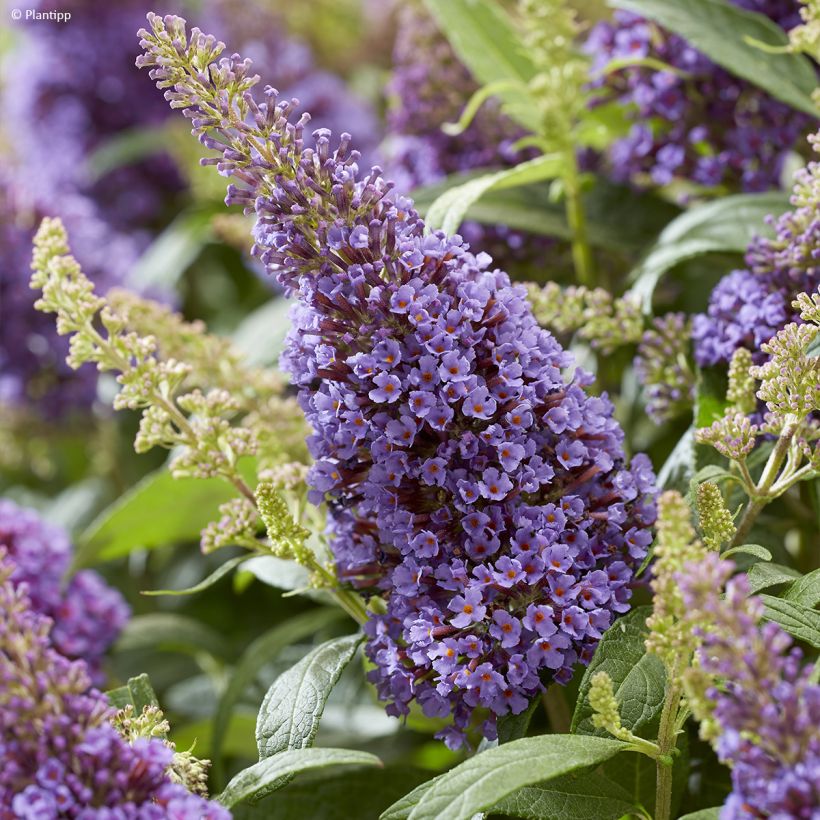

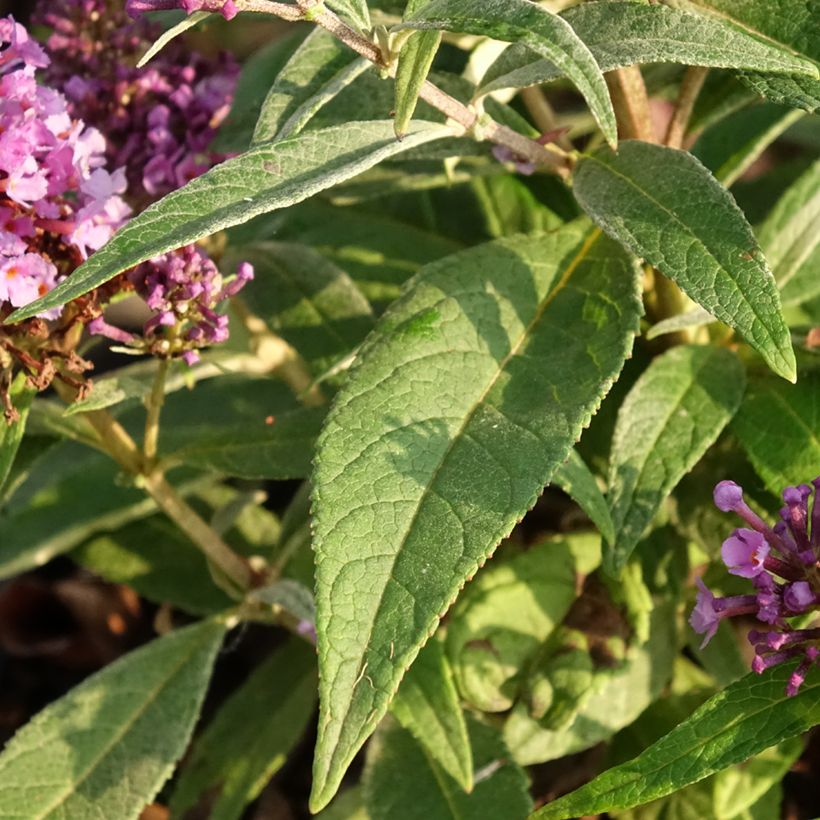

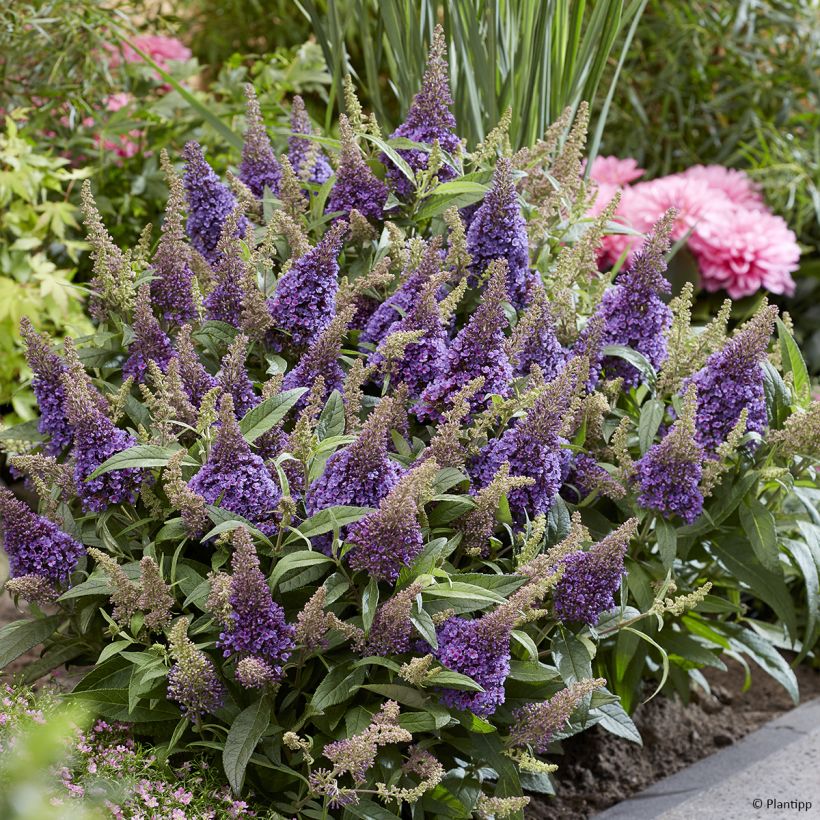

Plant habit
Flowering
Foliage
Botanical data
Buddleja
x davidii
Butterfly Candy® Little Lila
Buddlejaceae
Butterfly Bush, Summer Lilac
Cultivar or hybrid
Other Buddleja -Butterfly bush
Planting and care
Little Lila is easy to grow, as it is a low-maintenance plant. It thrives in sunny locations, but also flowers in partial shade. Plant it in spring or early autumn, in ordinary, well-worked and well-drained soil. It can tolerate limestone and poor soil. Water recently planted specimens during the first summer to promote root growth. Afterwards, only water them in case of prolonged heatwaves. Once established, the plant will tolerate periods of moderate drought. It has no significant enemies. However, beware of caterpillars, weevils, and red spider mites that can infest it.
It can be planted in outdoor containers. Choose a container of at least 20L. Make sure the container is perforated and provide good drainage by filling the bottom with a thick layer of clay balls or gravel. In pots, they will naturally require more regular watering. In winter, move them to a sheltered place away from the wind and stop watering during freezing periods.
In pots, the nutrient reserves diminish quickly. To stimulate flowering, add fertiliser once a year in spring. Use 1 to 3 handfuls of organic fertiliser (decomposed manure, compost, Horn, blood, and specific fertilisers). Then, at least every two years, surface dressing should be practiced, which involves replacing at least the topsoil with fresh soil.
Planting period
Intended location
Care
-
, onOrder confirmed
Reply from on Promesse de fleurs
Summer-flowering shrubs
Haven't found what you were looking for?
Hardiness is the lowest winter temperature a plant can endure without suffering serious damage or even dying. However, hardiness is affected by location (a sheltered area, such as a patio), protection (winter cover) and soil type (hardiness is improved by well-drained soil).

Photo Sharing Terms & Conditions
In order to encourage gardeners to interact and share their experiences, Promesse de fleurs offers various media enabling content to be uploaded onto its Site - in particular via the ‘Photo sharing’ module.
The User agrees to refrain from:
- Posting any content that is illegal, prejudicial, insulting, racist, inciteful to hatred, revisionist, contrary to public decency, that infringes on privacy or on the privacy rights of third parties, in particular the publicity rights of persons and goods, intellectual property rights, or the right to privacy.
- Submitting content on behalf of a third party;
- Impersonate the identity of a third party and/or publish any personal information about a third party;
In general, the User undertakes to refrain from any unethical behaviour.
All Content (in particular text, comments, files, images, photos, videos, creative works, etc.), which may be subject to property or intellectual property rights, image or other private rights, shall remain the property of the User, subject to the limited rights granted by the terms of the licence granted by Promesse de fleurs as stated below. Users are at liberty to publish or not to publish such Content on the Site, notably via the ‘Photo Sharing’ facility, and accept that this Content shall be made public and freely accessible, notably on the Internet.
Users further acknowledge, undertake to have ,and guarantee that they hold all necessary rights and permissions to publish such material on the Site, in particular with regard to the legislation in force pertaining to any privacy, property, intellectual property, image, or contractual rights, or rights of any other nature. By publishing such Content on the Site, Users acknowledge accepting full liability as publishers of the Content within the meaning of the law, and grant Promesse de fleurs, free of charge, an inclusive, worldwide licence for the said Content for the entire duration of its publication, including all reproduction, representation, up/downloading, displaying, performing, transmission, and storage rights.
Users also grant permission for their name to be linked to the Content and accept that this link may not always be made available.
By engaging in posting material, Users consent to their Content becoming automatically accessible on the Internet, in particular on other sites and/or blogs and/or web pages of the Promesse de fleurs site, including in particular social pages and the Promesse de fleurs catalogue.
Users may secure the removal of entrusted content free of charge by issuing a simple request via our contact form.
The flowering period indicated on our website applies to countries and regions located in USDA zone 8 (France, the United Kingdom, Ireland, the Netherlands, etc.)
It will vary according to where you live:
- In zones 9 to 10 (Italy, Spain, Greece, etc.), flowering will occur about 2 to 4 weeks earlier.
- In zones 6 to 7 (Germany, Poland, Slovenia, and lower mountainous regions), flowering will be delayed by 2 to 3 weeks.
- In zone 5 (Central Europe, Scandinavia), blooming will be delayed by 3 to 5 weeks.
In temperate climates, pruning of spring-flowering shrubs (forsythia, spireas, etc.) should be done just after flowering.
Pruning of summer-flowering shrubs (Indian Lilac, Perovskia, etc.) can be done in winter or spring.
In cold regions as well as with frost-sensitive plants, avoid pruning too early when severe frosts may still occur.
The planting period indicated on our website applies to countries and regions located in USDA zone 8 (France, United Kingdom, Ireland, Netherlands).
It will vary according to where you live:
- In Mediterranean zones (Marseille, Madrid, Milan, etc.), autumn and winter are the best planting periods.
- In continental zones (Strasbourg, Munich, Vienna, etc.), delay planting by 2 to 3 weeks in spring and bring it forward by 2 to 4 weeks in autumn.
- In mountainous regions (the Alps, Pyrenees, Carpathians, etc.), it is best to plant in late spring (May-June) or late summer (August-September).
The harvesting period indicated on our website applies to countries and regions in USDA zone 8 (France, England, Ireland, the Netherlands).
In colder areas (Scandinavia, Poland, Austria...) fruit and vegetable harvests are likely to be delayed by 3-4 weeks.
In warmer areas (Italy, Spain, Greece, etc.), harvesting will probably take place earlier, depending on weather conditions.
The sowing periods indicated on our website apply to countries and regions within USDA Zone 8 (France, UK, Ireland, Netherlands).
In colder areas (Scandinavia, Poland, Austria...), delay any outdoor sowing by 3-4 weeks, or sow under glass.
In warmer climes (Italy, Spain, Greece, etc.), bring outdoor sowing forward by a few weeks.

































